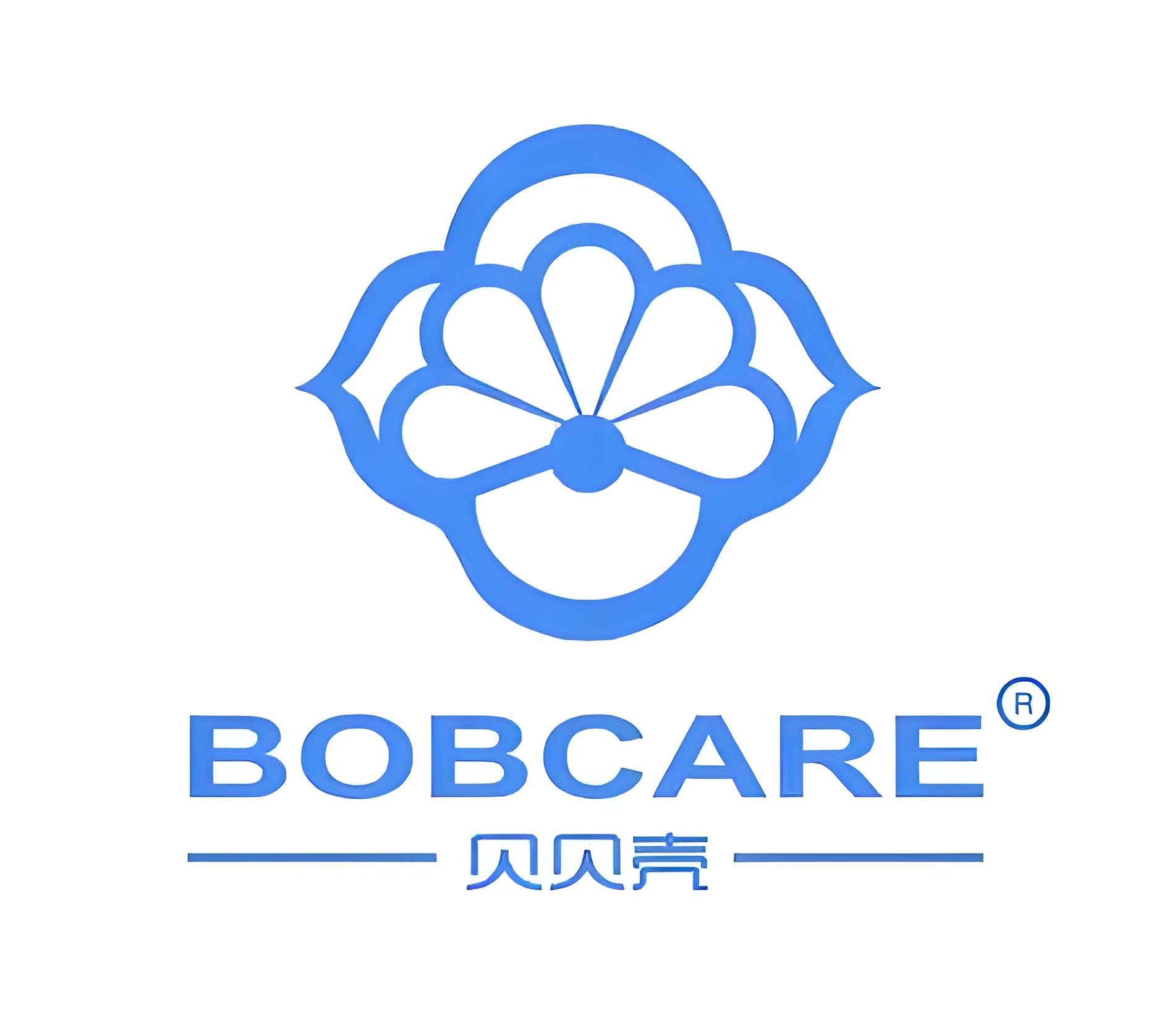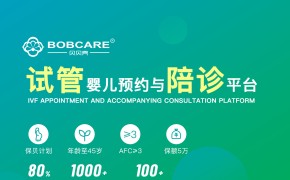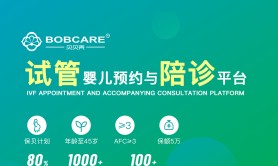Choosing the sex of your baby through IVF in the United States is a complex issue with ethical, legal, and medical considerations. While sex selection is ge……
Choosing the sex of your baby through IVF in the United States is a complex issue with ethical, legal, and medical considerations. While sex selection is generally not permitted for non-medical reasons, there are exceptions.
Medical Sex Selection: In the US, Preimplantation Genetic Diagnosis (PGD) is a common IVF technique that allows for the screening of embryos for genetic disorders. If a couple is at high risk of passing on a sex-linked genetic disease (like hemophilia or Duchenne muscular dystrophy), which affects mostly males or females, PGD can be used to select embryos of the unaffected sex. This is considered medically necessary sex selection. The process involves fertilizing eggs in a lab, genetically testing the resulting embryos, and implanting only those embryos free of the targeted disease.
Non-Medical Sex Selection: The use of PGD for non-medical reasons, such as family balancing (choosing a baby of a particular sex to complete the family) is generally not offered by fertility clinics in the US. This is due to ethical concerns and potential legal implications. However, regulations vary by state and clinic, and some clinics may have more permissive policies than others.
The Process: The process of sex selection through PGD involves several steps:
- Ovarian Stimulation: Medication is used to stimulate the ovaries to produce multiple eggs.
- Egg Retrieval: Eggs are retrieved from the ovaries using a minor surgical procedure.
- In Vitro Fertilization (IVF): The eggs are fertilized with sperm in a laboratory setting.
- Preimplantation Genetic Diagnosis (PGD): A small number of cells are removed from each developing embryo for genetic testing, including sex determination.
- Embryo Selection: Embryos without the targeted genetic condition and of the desired sex (if medically indicated) are selected.
- Embryo Transfer: The selected embryo(s) are transferred to the uterus.
Ethical and Legal Considerations: The use of PGD for sex selection raises ethical concerns regarding gender equality and potential societal impacts. The legality of non-medical sex selection varies depending on state laws and the specific circumstances. Couples considering PGD should carefully discuss the ethical implications with their doctor and genetic counselor.
Cost: The cost of PGD, which is already expensive on its own, coupled with the overall cost of IVF, can be substantial, typically ranging from $15,000 to $25,000 or more.
Success Rates: Success rates for PGD vary depending on several factors, including the age of the woman, the quality of the eggs and sperm, and the experience of the fertility clinic.
It is crucial to consult with a reputable fertility clinic and a genetic counselor to thoroughly understand the process, the risks, and the ethical implications before making a decision regarding sex selection through PGD. They can help you navigate the complex legal and ethical landscape surrounding this procedure.


 微信扫一扫
微信扫一扫 






还没有评论呢,快来抢沙发~